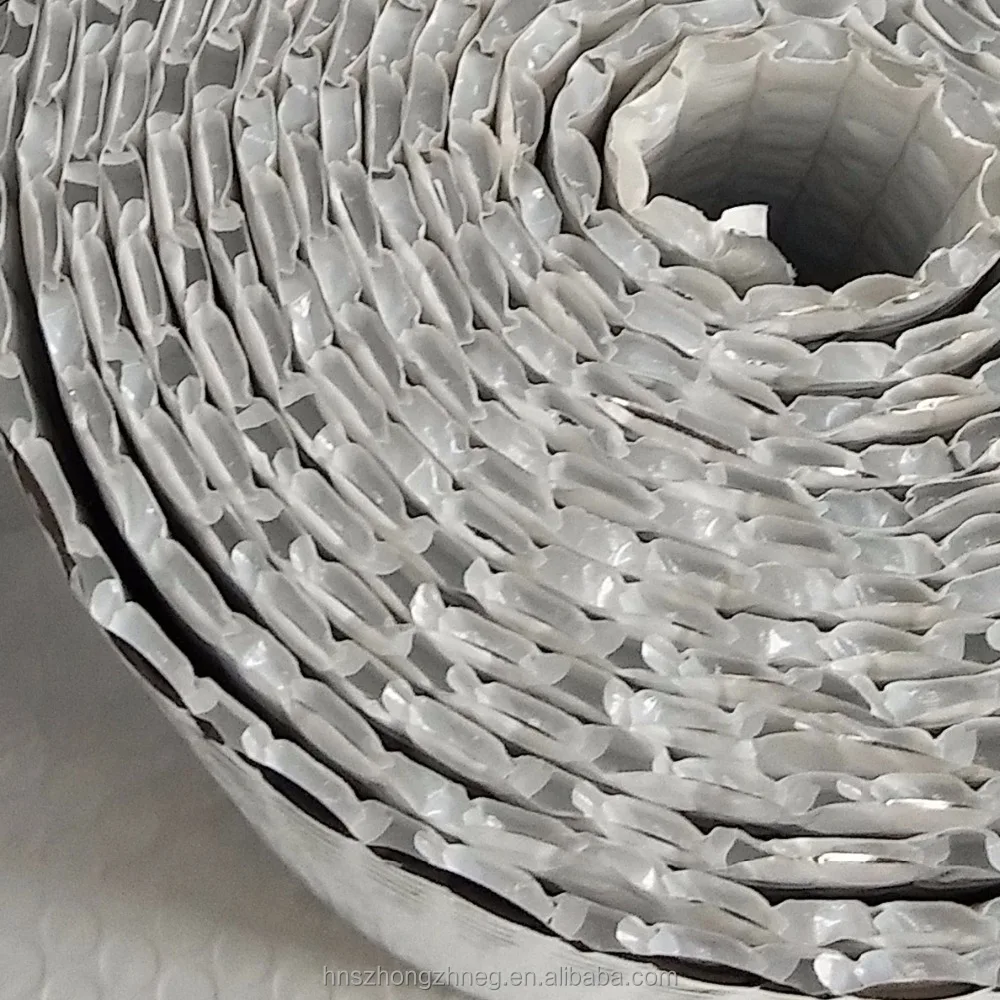Negro Chino Papel Linterna Icono Aislado Sobre Fondo Blanco. Símbolo Amarillo De Burbuja De Voz. Vector Ilustración del Vector - Ilustración de lunar, decorativo: 218071148

Bolsas de burbujas transparentes autoselladas, sobres de embalaje de plástico de tamaño pequeño, Mini bolsas de rollo de polietileno, 500 "x 3" + 2,5 "(65x80 + 20mm), 0,8 Uds.|Anuncios publicitarios de burbuja| - AliExpress

China De Plástico En Forma De Corazón De La Burbuja De Aire De Embalaje Rollo Con Diferente Tamaño - Buy Rollo De Embalaje De Burbuja De Aire,Rollo De Embalaje De Burbuja De

Burbuja De Aire De Embalaje Impermeable No Tóxica,Fabricada En China - Buy Burbujas De Aire De Embalaje A Prueba De Agua,Rollo/envoltura De Burbujas Antiestática,Rollo/envoltura De Burbujas De Embalaje Product on Alibaba.com

China De Plástico En Forma De Corazón De La Burbuja De Aire De Embalaje Rollo Con Diferente Tamaño - Buy Rollo De Embalaje De Burbuja De Aire,Rollo De Embalaje De Burbuja De

Sobres de burbujas de 15cm x 20cm, bolsas de embalaje de 200x150mm, envío gratis, 200 Uds.|package envelope|packaging envelopeenvelope packing - AliExpress

Custom Kraft reciclado de papel burbuja impermeable de polipropileno de Sobres acolchados sobres - China Los Sobres acolchados, burbujas

Papel de burbujas, rollo de burbuja (rollo de 50 metros lineales x 1 metro de ancho) : Amazon.es: Oficina y papelería

11 tamaños 50 Uds. Bolsa de burbujas blanca, sobre de papel blanco acolchado, bolsa de burbujas de mensajería, bolsa de sobre de envío de correo de burbujas|bag bubble|envelope bubbleenvelope bag - AliExpress

Envoltura de burbujas de China, lista de productos de Envoltura de burbujas de China en es.Made-in-China.com

China De Fábrica De Papel De Aislamiento/de Doble Burbuja Metalizado De Tela Tejida Laminada De Papel De Aluminio De Aislamiento - Buy Aislamiento De Papel De Burbujas De Fábrica De China,Papel Metalizado













